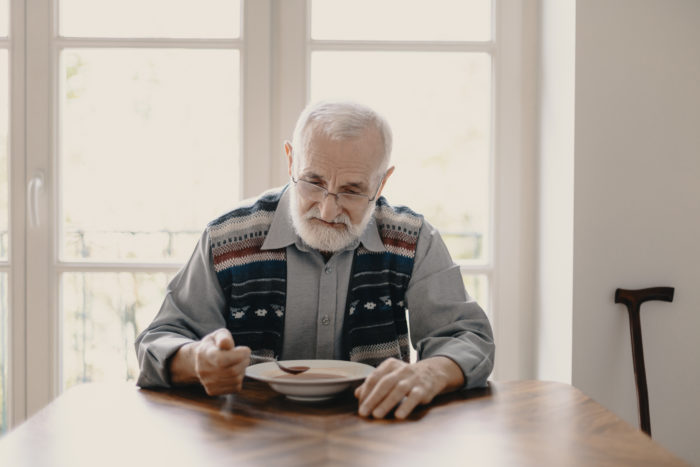It’s looking like a lonely holiday season for people living with Alzheimer’s disease and their caregivers. Surging COVID-19 cases, ongoing lockdowns, colder weather and the start of flu season are forcing many to self-isolate and stay indoors.
Those who live in nursing homes have had fewer outside excursions this year. They’ve also had much less company. Some have visited with family from behind plastic sheets, while others have seen loved ones only on a screen. I know of at least a handful of the patients I care for haven’t hugged anyone in nearly 10 months.
People with Alzheimer’s are experiencing more depression, frustration and agitation than a year ago. They are also receiving more medications to help manage their more extreme symptoms. There’s been a 20% increase in use of both antidepressants and antipsychotics just in the last month.
The situation is a reminder of the burden of Alzheimer’s, the importance of supporting Alzheimer’s caregivers and the desperate need for treatment options.
More than a century after Alois Alzheimer’s discovery of the condition that was later named after him, there still are not any disease-modifying treatments. Research is ongoing, and one disease-modifying drug is under review by the Food and Drug Administration now. For the sake of Alzheimer’s patients and their families, development and innovation needs to continue in this area, and patients need timely access to therapies as they’re approved.
Meanwhile, those with Alzheimer’s and their caregivers deserve support and acknowledgement, especially during the holiday season. The progressive disease’s symptoms, including memory loss and confusion, typically start slowly. Over time though, they become more severe, eventually impairing judgement and limiting one’s ability to complete everyday tasks. Alzheimer’s disease can also cause changes in behavior and mood.
Whether living in a long-term care facility or with a family member, as their disease progresses, people with Alzheimer’s require near-constant support. Caregivers have faced new stressors this year. Sixty-five percent reported that the pandemic has made caregiving harder. Sometimes I try to make light of the heavy reality by calling it “caregiving on steroids.”
As we approach the holiday season, let’s pause to thank caregivers and share cheer with people living with Alzheimer’s. Both groups are looking ahead toward an easier 2021 and the hope of new treatment options.
